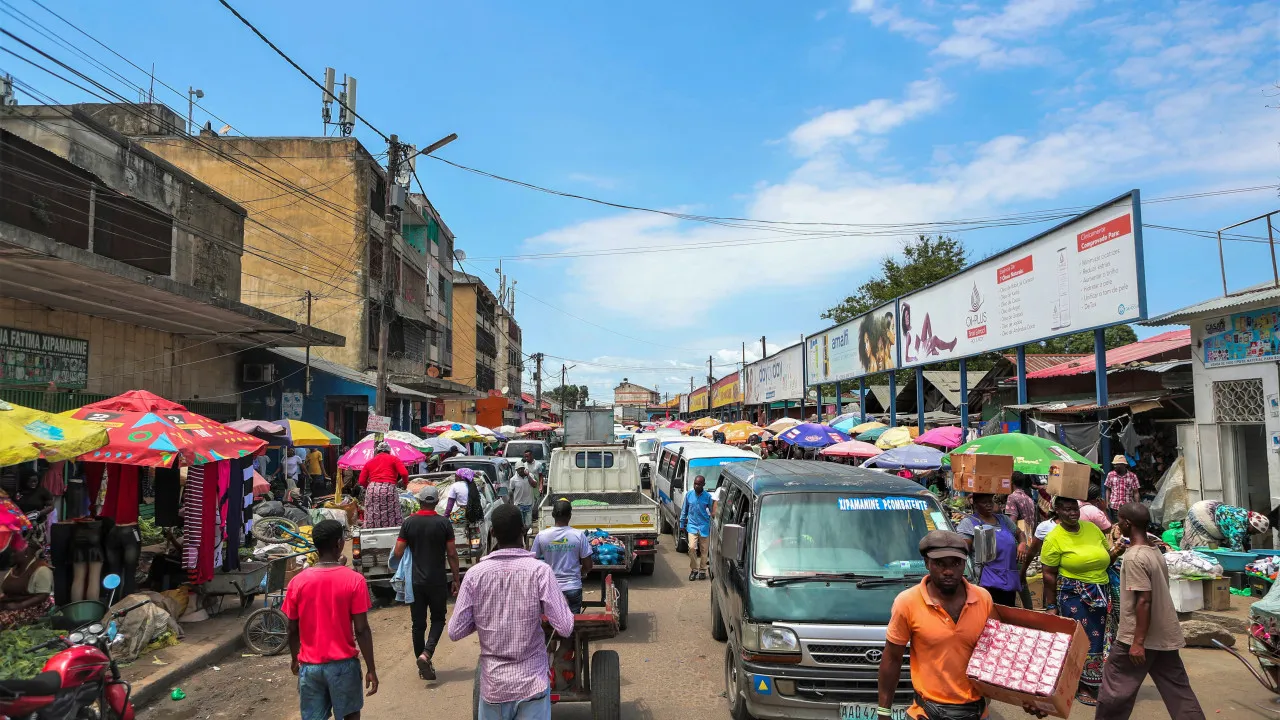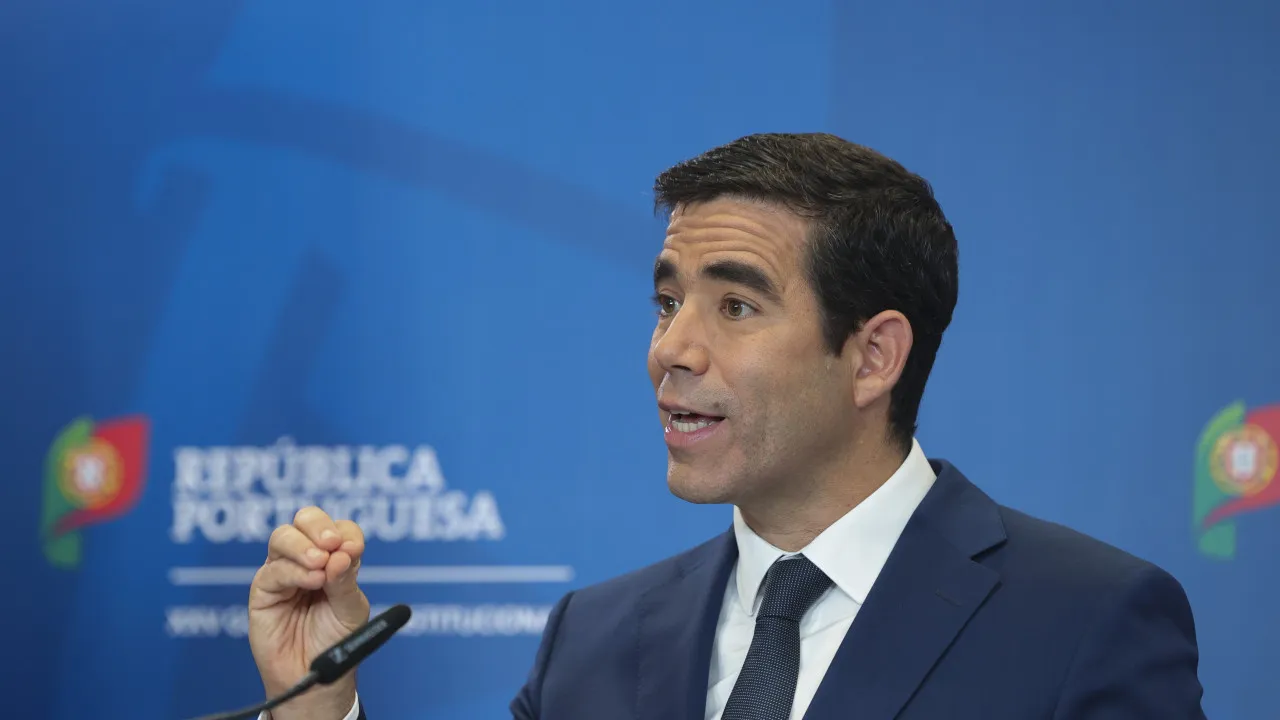
The digital electronic currency has emerged as a catalyst for driving financial inclusion in Mozambique. Finance Minister Carla Loveira stated today that the country now has 100% of its adult population with an electronic currency account. The percentage of adults with accounts at Electronic Money Institutions (EMIs) has surged from 28.6% in 2015 to 109.8% in the first quarter of 2025.
This announcement was made in Maputo during the launch of the National Financial Inclusion Strategy 2025-2031, where the minister commended the role of digital wallets in enhancing financial inclusion. Currently, Mozambique has three Electronic Money Institutions through its three mobile telecommunications operators, which provide financial services via mobile phones, including money transfers and service payments.
Statistical reports from the Banco de Moçambique indicate that the number of bank accounts in the country increased from 5,687,975 at the end of 2023 to 6,221,640 by December last year. However, this growth lags behind that of EMIs, which expanded by 18.5% in the same period, reaching 19,870,700 accounts, adding nearly three million new accounts over the year.
During the evaluation of the National Financial Inclusion Strategy 2016-2022, Loveira revealed that at least 128 of the country’s 154 districts now have a bank branch, marking a 68% increase since 2015 up to the first half of this year.
Regarding the percentage of bank accounts held by the adult population, a modest increase was recorded from 31.1% in 2015 to about 32.3% in the first quarter of 2025. This growth fell significantly short of the former strategy’s target of reaching 60%, according to the Finance Minister.
The minister’s data indicates a slight improvement in financial saving, measured by the deposit-to-GDP ratio, rising from 47.6% to 48.8% between 2015 and the first half of 2025. In contrast, the financial intermediation ratio saw a “significant decline” over the same period.
“This ratio fell by 19.3 percentage points, dropping from 36.4% in 2015 to 17.1% in the first quarter of 2025. This trend highlights the challenge faced by banks in enhancing their contribution to economic financing and their impact on investment stimulation and economic growth, despite observed economic shocks,” Loveira noted.
The new National Financial Inclusion Strategy 2025-2031, comprising four pillars, aims to expand access to financial products through increased access points and digital financial services, including promoting digital payments, improving credit access, creating a conducive investment climate, expanding insurance, and promoting green financing.
The government intends to promote financial literacy under the new strategy by educating Mozambicans, particularly in rural areas, and strengthening consumer rights awareness. The goal is for at least 60% of adults to have a formal bank account and 30% of them to have a loan from a financial institution by 2031. The government is committed to maintaining macroeconomic stability based on low inflation and fiscal and exchange rate stability.
Challenges identified for the long-term economy during the strategy’s launch include mitigating risks related to financing Micro, Small, and Medium Enterprises, which comprise 98.1% of active companies in the country, and addressing the high costs of financial services that remain a “real barrier for low-income families and small businesses accessing the financial sector” while including the informal sector financially.




